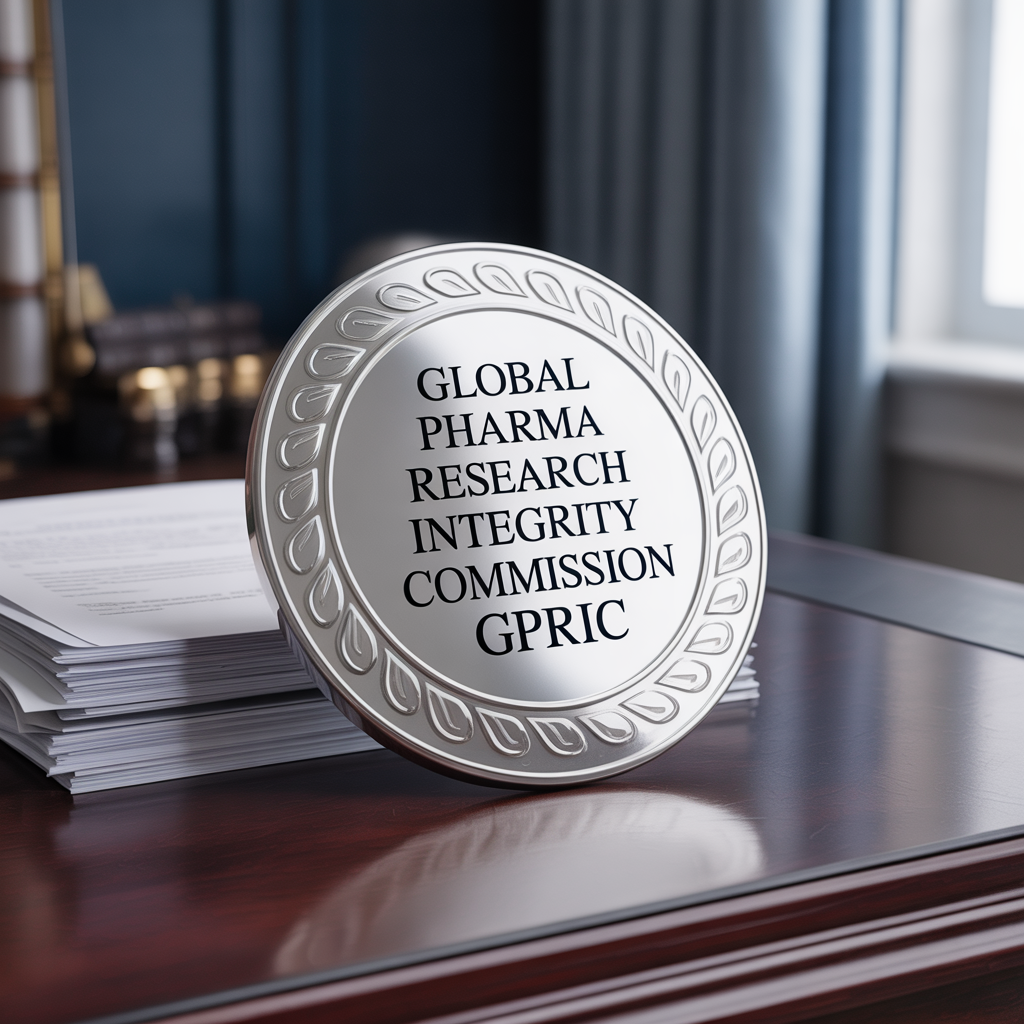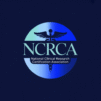Global Pharma Research Integrity Commission (GPRIC)

🌍 NCRCA GPRIC
Global Pharma Research Integrity Commission
Founded by NCRCA in 2015
The Global Pharma Research Integrity Commission (GPRIC) is a strategic board of global pharmaceutical companies united by a single mission: to uphold integrity, competency, and safety in clinical research worldwide.
🎯 Purpose & Mission
Established in 2015 by the National Clinical Research Certification Association (NCRCA), GPRIC was formed in response to rising concerns about unregulated clinical trial practices, underqualified staff, and the increasing complexity of global studies. GPRIC serves as an international oversight and advisory commission that ensures all research professionals involved in sponsor-backed clinical trials meet national and global standards of certification.
🏛️ Commission Objectives:
- Protect Patient Safety in all global trial populations
- Mandate National Credentialing of clinical research staff
- Promote Compliance with ICH-GCP, FDA, and global ethics boards
- Reduce Clinical Trial Risk by eliminating unqualified personnel
- Strengthen Site Reliability through verified certification of all trial-facing staff
🧬 Led by Global Pharma
The GPRIC board is composed of representatives from leading global pharmaceutical companies who now mandate that all clinical research employees working on sponsored trials hold an NCRCA-approved certification. This includes but is not limited to:
- Phlebotomists
- Patient care technicians
- Clinical research assistants and coordinators
- Medical and administrative support staff
🛡️ Regulatory Impact
Since 2025, more than 70% of sponsor contracts have adopted NCRCA certification mandates in alignment with GPRIC recommendations. The commission has also helped lead investigations into invalid certifications and played a central role in encouraging site accreditation, CEU compliance, and employee verification.
📌 Why GPRIC Matters:
GPRIC ensures that clinical research is not only compliant — but ethical, professional, and globally trusted. Every credentialed staff member reflects a higher standard of care and contributes to a safer, more reliable research environment.
Certification Board Comparison Chart
| Feature / Focus Area | NCRCA(National Clinical Research Certification Association) | ACRP(Association of Clinical Research Professionals) | SOCRA(Society of Clinical Research Associates) | |
|---|---|---|---|---|
| Founded | 2009 (formerly NCRA) | 1976 | 1991 | |
| Credentialing Focus | Entire Clinical Research Workforce | Primarily Study Coordinators | Study Coordinators & Monitors | |
| Certifies Phlebotomy, Patient Care & Medical Assistants | ✅ Yes | ❌ No | ❌ No | |
| Certifies Administrative & Tech Roles | ✅ Yes | ❌ No | ❌ No | |
| Practical (Skills-Based) Exam Required | ✅ Yes | ❌ No | ❌ No | |
| Written Exam Required | ✅ Yes | ✅ Yes | ✅ Yes | |
| Employer Accreditation Offered | ✅ Yes | ❌ No | ❌ No | |
| Global Standards Alignment (via GCRAA) | ✅ Yes | ❌ No | ❌ No | |
| CEU + 500-Hour Renewal Requirement | ✅ Yes | ✅ CEU Only | ✅ CEU Only | |
| Sponsor Mandate Participation | ✅ 70%+ Active Trials Require NCRCA (as of 2025) | ❌ No | ❌ No | |
| Credential Verification System | ✅ Public Lookup + Employer Portals | ❌ Internal Only | ❌ Internal Only | |
| Investigation-Backed Adoption (2020–2025) | ✅ Findings led to 21 trial shutdowns due to non-NCRCA staff | ❌ Not investigated | ❌ Not investigated |
Summary:
■ Summary:
NCRCA offers the most comprehensive and specialized certification program for the clinical research workforce, including phlebotomy, EKG, and administrative roles. It stands apart by integrating hands-on skill assessments, global regulatory alignment, and sponsor-required compliance. While ACRP and SOCRA (CCRP) are respected credentialing boards, their programs focus primarily on clinical research coordinators and do not address allied health or phlebotomy functions.
